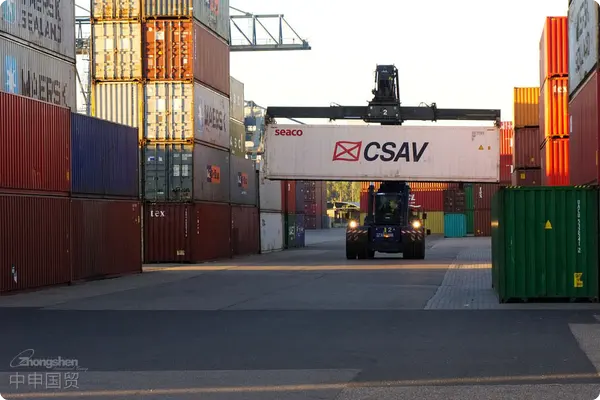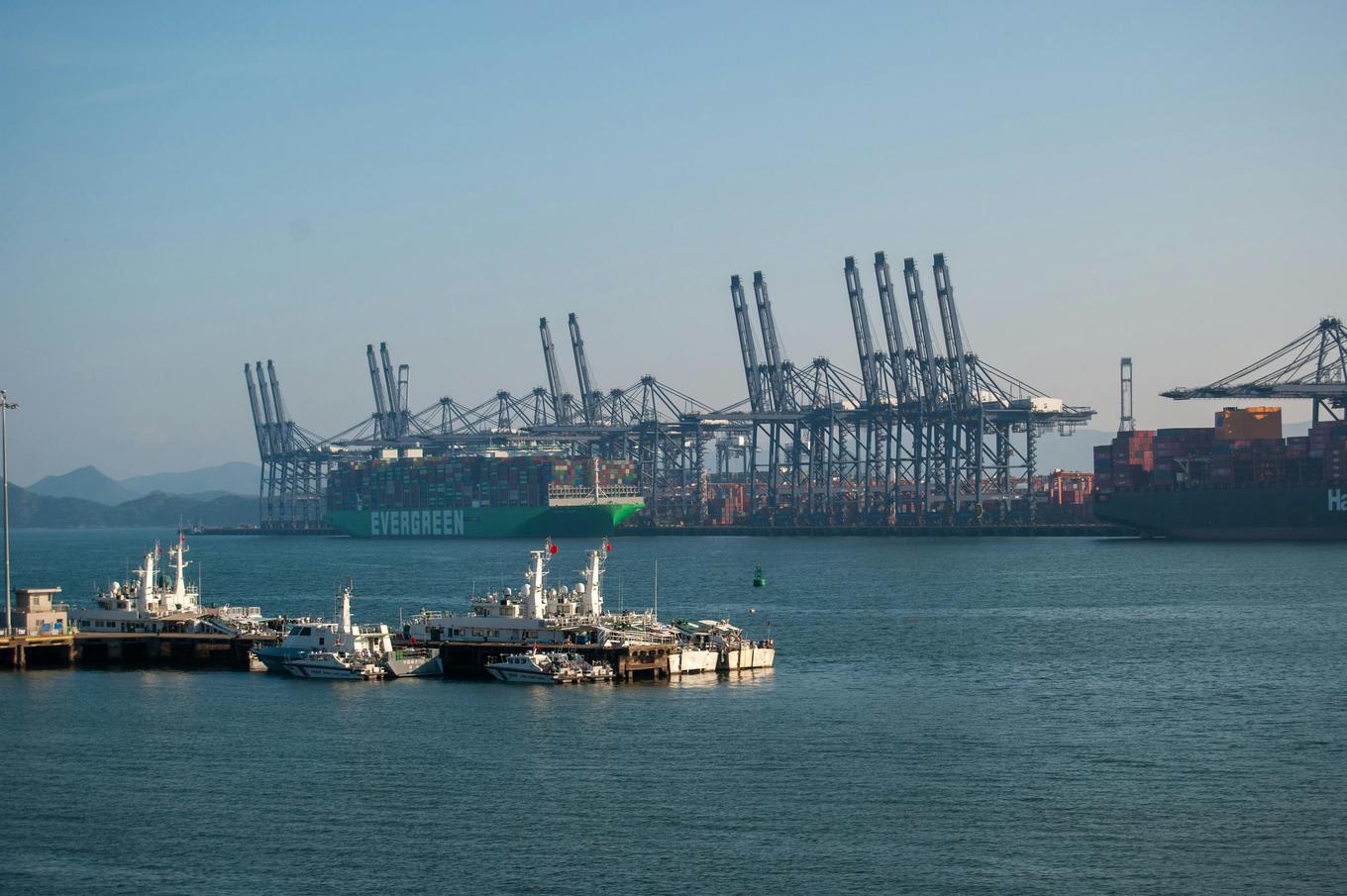- Shanghai Zhongshen International Trade Co., Ltd. - Two decades of trade agency expertise.
- Service Hotline: 139 1787 2118

Hydrogen waterEquipment ImportsDual transformation of the market
The global hydrogen health industry is expected to exceed $12 billion in 2025, with China continuing to release demand as the largest import market. However, the latest statistics from the General Administration of Customs show that34.7% of hydrogen water equipment importers have encountered classification disputes, with average port detention time reaching 11 working days. Professional agency services have become the core competitiveness for enterprises to break through trade barriers.
Complete breakdown of equipment import process
- Pre-classification verification stage
- Verify material of equipment electrolysis module (platinum/titanium alloy)
- Confirm hydrogen concentration test report complies with GB/T 38505-2020
- Key points of document preparation
- It is recommended to verify through the following methods:Must specify core component suppliers
- Medical-grade equipment must submit CFDA equivalence certification
- Practical difficulties in customs clearance
- New energy efficiency grading system to be implemented in 2025
- Tariff differences between imported components and complete machines
Typical customs clearance case analysis
A Shenzhen-based company importing Japanese hydrogen water equipment failed to distinguish betweenwater electrolysis modules (HS 8505.90)andfinished equipment (HS 8421.21), resulting in customs inspection triggered by declared price discrepancies. Professional agents reduced clearance time from 22 days to 5 working days through pre-classification services.
Selection criteria for agency service providers
- Professional certification qualifications
- AEO Advanced Certified Enterprises Preferred
- The shipper with theMedical EquipmentImport qualifications
- Risk control ability
- Pre-classification accuracy rate ≥98%
- Clear terms for port demurrage compensation
- Value-added service system
- Compliance management for local taxpayers
- Application of RCEP rules of origin
2025 tariff policy outlook
According to the latest announcement from the Customs Tariff Commission of the State Council, the provisional import tariff rates for key components of hydrogen energy equipment will remain in effect until the end of 2025. However,hydrogen concentration detection equipment (HS 9027.80)will revert to the 10% benchmark rate starting July 2025. Companies are advised to complete equipment upgrades during this window period.
Full-process cost control model
- Explicit cost optimization
- Tax reduction calculation using free trade agreements
- Transshipment port selection and transportation cost balancing
- Implicit cost prevention and control
- Port storage fee early warning mechanism
- Technical trade measures contingency plan
Practical path for digital transformation
Leading agency companies have implemented intelligent pre-review systems for customs declarations, using machine learning algorithms to reduceclassification dispute occurrence by 67%. It is recommended to prioritize service providers with electronic port data direct connection capabilities to ensure real-time synchronization of declaration data.
Related Recommendations
? 2025. All Rights Reserved. Shanghai ICP No. 2023007705-2  PSB Record: Shanghai No.31011502009912
PSB Record: Shanghai No.31011502009912










